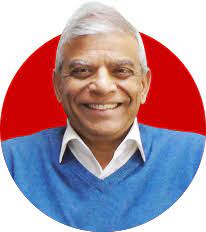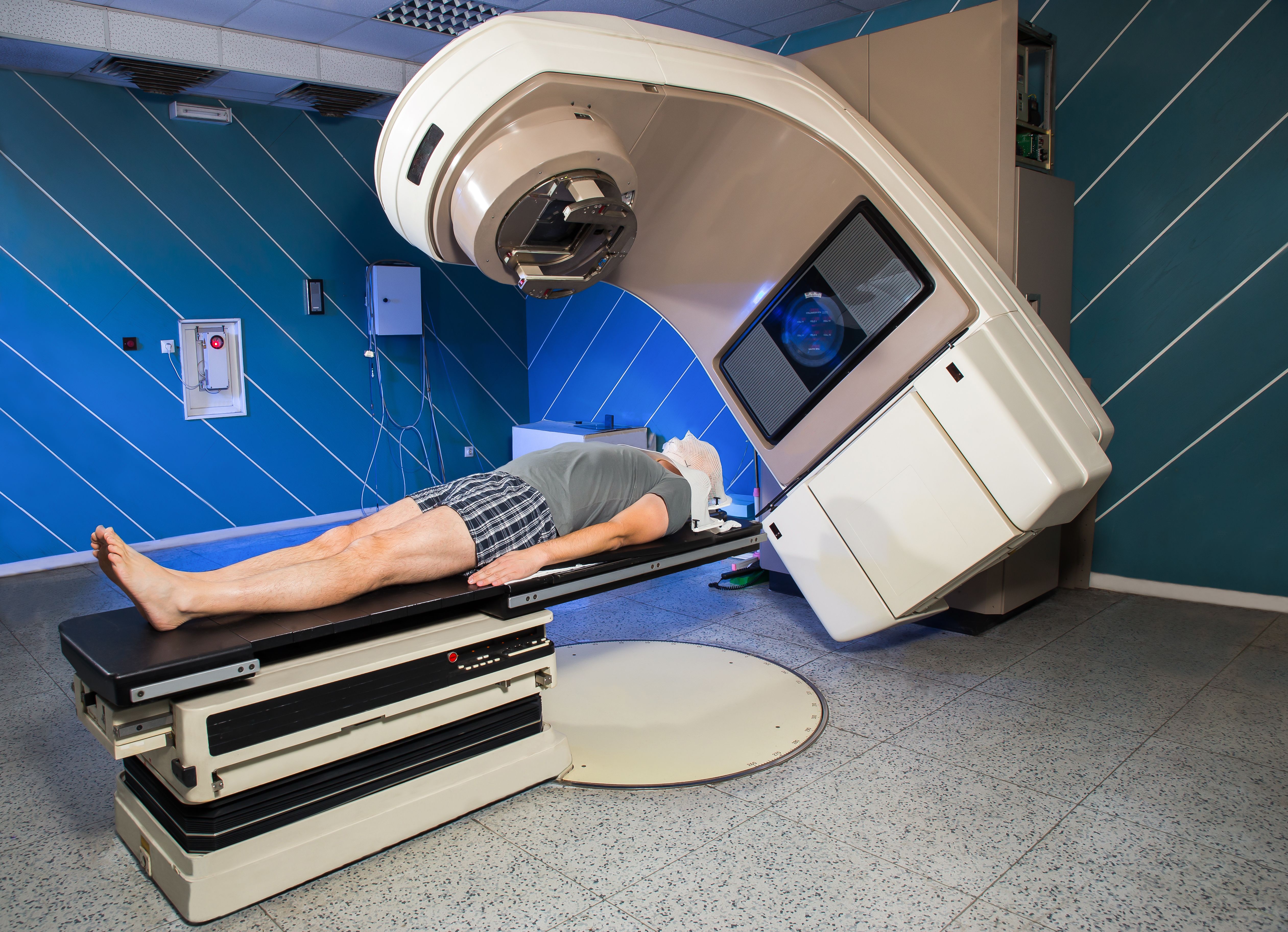- Bone Health
- Immunology
- Hematology
- Respiratory
- Dermatology
- Diabetes
- Gastroenterology
- Neurology
- Oncology
- Ophthalmology
- Rare Disease
- Rheumatology
Oncology MD: Out-of-Pocket Expense Deserves More Attention
Kashyap B. Patel, MD, says value of care is an important metric, but often people lose sight of what patients have to pay out of pocket, and how this affects them.
Many new treatments for cancer are helping to alleviate the burden for patients, but at the same time, the cost of care is increasingly recognized as a “toxicity” of treatment. With high out-of-pocket expense, “it becomes hard for patients to sustain an appropriate level of cancer care,” said Kashyap B. Patel, MD, a medical oncologist and Advisory Board member for The Center for Biosimilars®.
For example, when patients retire from work, they often do not have Medicare supplemental insurance—Medigap—to help with the cost of co-pays, coinsurance, and deductibles, he noted in a recent Axios-sponsored webinar discussion about biosimilars and the costs of cancer care. Patel is also CEO of Carolina Blood and Cancer Care Associates in Rock Hill, South Carolina.
Among Medicare beneficiaries, as many as 19% do not have secondary insurance, he said. “Their out-of-pocket costs could vary between $2500 to $15,000, which is almost as much as what some of them make in some regions, so the benefits of cancer care are not reaching the populations we need to serve most.”
Among patients who have commercial coverage, the coinsurance payment, which is what patients pay after they’ve met their deductible, may range from 6% to 20% of costs, depending on the plan, according to Patel. “The system is not designed to look after the ultimate beneficiary, which is the patient.”
That said, Patel’s cancer treatment center is among 126 practices nationwide that are participating in the Oncology Care Model, which is a CMS pilot program to reduce costs of cancer care while increasing the value and quality of treatment afforded to patients. More emphasis needs to be placed on reducing out-of-pocket cost so that patients can get the full benefit of available therapies without suffering financial toxicity, Patel said.
In the health care community, he said, that message may not have filtered in.
“I’m not saying that my colleagues are not really conscientious, but they have not been appropriately educated about the potential benefits of reducing the out-of-pocket costs, as well as total cost of care,” he said.
More thorough attempts to educate health care providers about biosimilars and the use of incentives to promote employment of these agents can achieve this aim, Patel said. Such incentives were described in a separate portion of the Axios discussion that featured Rep Kurt Schrader, D-Oregon, who discussed a bill that would increase physician reimbursements for prescribing biosimilars.
Patel said that in his oncology practice biosimilars help him to save 35% on the cost of biologics, and for the population of Medicare beneficiaries he serves who do not have supplemental insurance, that savings could trim as much as $10,000 off their out-of-pocket costs of care.
Newsletter
Where clinical, regulatory, and economic perspectives converge—sign up for Center for Biosimilars® emails to get expert insights on emerging treatment paradigms, biosimilar policy, and real-world outcomes that shape patient care.


